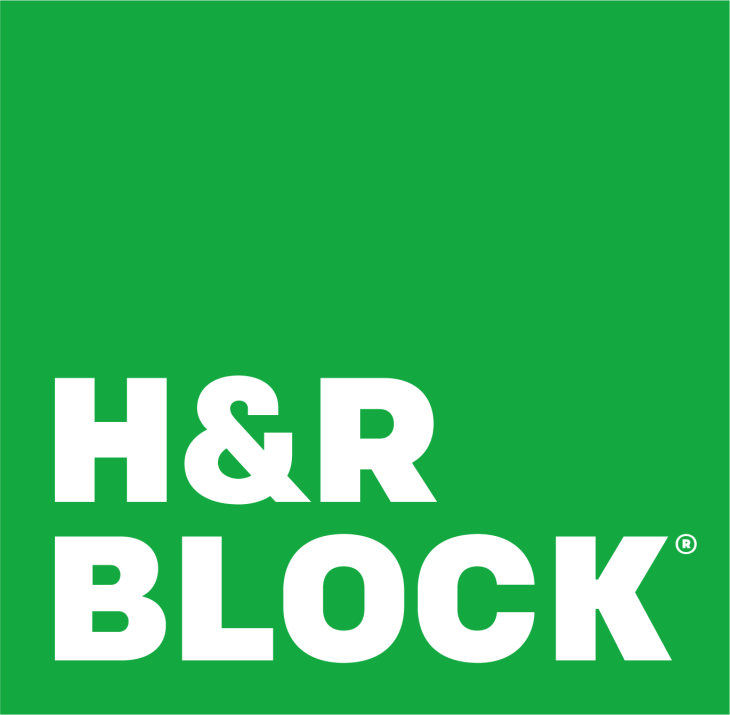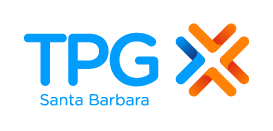For many American taxpayers, their federal tax refund is the largest single financial transaction they will have during the calendar year. These taxpayers rely on their refund to meet their financial obligations, such as paying off bills, covering medical expenses, paying rent or meeting other day-to-day responsibilities. Accordingly, these taxpayers often file their taxes early during tax season to get their refund as soon as possible.
In light of the consumer demand for funds during the early tax season, tax preparation companies often offer a variety of tax-time advance products, which are loans based on the taxpayer’s expected tax refund. These loans, typically originated by regulated financial institutions and facilitated by the tax preparer, provide taxpayers with an inexpensive, low-risk method of accessing funds at a time they need them. Advance products are consumer-friendly, with favorable terms that are not available with other commonly available sources of short-term credit.
The American Coalition for Taxpayer Rights (“ACTR”) is a 14-member national trade association of the nation’s largest retail tax preparation, tax software and financial institutions that assist taxpayers in preparing their returns and facilitating tax refund-related products. ACTR believes in the value of these advance products and the importance of them remaining an option for taxpayers. Tax-time advance products vary among providers, but generally work as described below:
- How an Advance Product Works. As an initial step, the taxpayer’s tax return is prepared to determine whether they are entitled to a tax refund and, if so, in what amount. If a sufficient refund is expected, a taxpayer may have the option of applying for an advance product. The amounts of available advances vary by provider, but generally range between $250 and $7,000, with multiple amounts often being available at the same provider. If the taxpayer is eligible and interested in the advance, the taxpayer will fill out a loan application for submission to the lending bank, which will then make a decision on the application based on their underwriting criteria. If approved, the taxpayer will receive the loan proceeds, typically by direct deposit to their bank account or via load to a prepaid card. Once the IRS issues their tax refund, the advance is repaid, and the remainder of the refund is disbursed to the taxpayer.
- Access to Funds More Quickly than the Refund. Typically, the taxpayer is notified whether their application has been approved or denied within 24 hours of filing their tax return – and often more quickly. The loan proceeds are then disbursed directly to the taxpayer, sometimes as quickly as minutes after approval. The advance gives the taxpayer access to the loan proceeds much more quickly than he or she could receive the tax refund, which typically takes several weeks.The benefit of advance products can be even greater for taxpayers who claim the earned income tax credit or the additional child tax credit. Under the Protecting Americans from Tax Hikes Act (the “PATH Act”), the IRS is required to hold these refunds until at least February 15, regardless of how early in the tax season the taxpayer files their return. The PATH Act serves a laudable goal of fighting tax fraud, which ACTR strongly supports. However, it does have the impact of delaying the refunds of certain legitimate early season filers. Advance products help bridge the gap for these taxpayers.
- Non-Recourse Outside Tax Refund. Tax-time advance products are typically non- recourse outside the tax refund. This means if the refund does not fund for some reason, or funds in an amount less than expected such that the loan is not fully repaid, the bank offering the advance product will not collect from the taxpayer.’ That means there is no third-party debt collection or any risk of a “debt spiral” that can sometimes occur with other forms of short-term credit.
- No or Low Cost. There are two types of advances available in the industry: loans available at no additional cost to the taxpayer, or loans available at a low additional cost.Some providers only offer advances with no loan fee to the taxpayer (i.e., 0% APR). The cost of these advance programs is paid by the tax preparation companies directly to the lending banks as a benefit to their clients. Although the federal Truth in Lending Act (“TILA”) does not apply to such transactions, most companies provide a voluntary disclosure to maximize consumer transparency.Other providers provide a dual option, offering the taxpayer the choice between (a) the 0% option discussed above, up to a certain loan amount; or (b) a low-cost option (typically no more than 36% APR), often at higher advance amounts than are available with the no cost option.2 TILA would apply to the low-cost option, and ACTR companies provide the appropriate consumer disclosure under TILA. For providers that offer dual options, taxpayers can select the option they wish to pursue.
- Optionality of Product. There is never any requirement that a taxpayer apply for or receive an advance product. A tax return may be e-filed at all ACTR tax preparation companies without applying for an advance product. The amount of tax preparation fees charged to the taxpayer also does not change based on whether the taxpayer applies for or receives an advance product.
- Offered in Responsible Manner. Before an advance is issued, all terms are clearly disclosed to the taxpayer. For example, the taxpayer is informed: (1) that an advance is not necessary to obtain a refund from the IRS; (2) that the product is a loan and is not the actual tax refund; and (3) of any applicable fees and costs. Regulated financial institutions typically offer advances, and disclosures comply with all applicable laws and regulations, including the federal Truth in Lending Act and Regulation Z.
1 There may be certain limited exceptions, such as in cases of taxpayer fraud.
2 For illustration, the cost of a $1,000 advance at 36% APR for a term of 24 days is $23.67.




